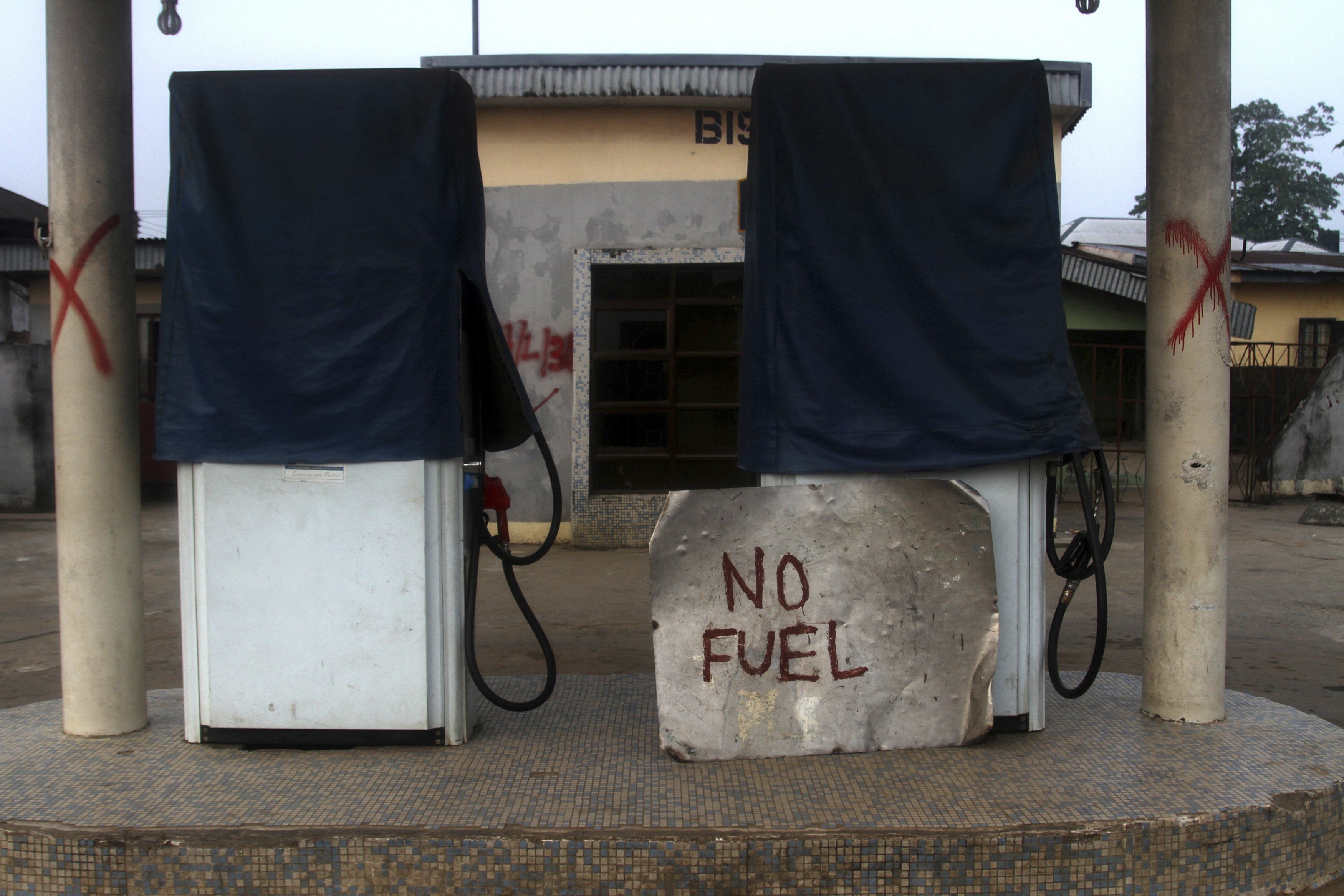The lingering power predicament: Nigeria is the leading oil producer in Africa, and the 9th largest producer in the world, but the power supply is erratic at best. The grid failed at least four times in 2022, and less than half of Nigerians are even connected to it. Instead, most families and businesses rely on petrol and diesel generators. But prices for those fuels have doubled since the government slashed subsidies in May, and many Nigerians are now struggling to find affordable alternative sources of power.
The government promised to redirect the $10 billion annual fuel subsidies towards improving the power grid. Instead, President Bola Tinubu, facing outrage and a cost of living crisis, announced he would improve the energy supply by allowing state governments to build their own power plants. While more power plants will alleviate shortages, they wont be built overnight.
President Tinubu's subsidy slashing was an unpopular step that was seen as necessary to stabilize Nigeria’s economy in the long term, and it’s won him plaudits from investors and the IMF, raising hopes of more investment in Nigeria. And the decision to decentralize the power supply could also jumpstart stumbling economic growth.
But for now, with the Tinubu administration unlikely to revisit the subsidies decision, average Nigerians are in the dark and paying the price.
